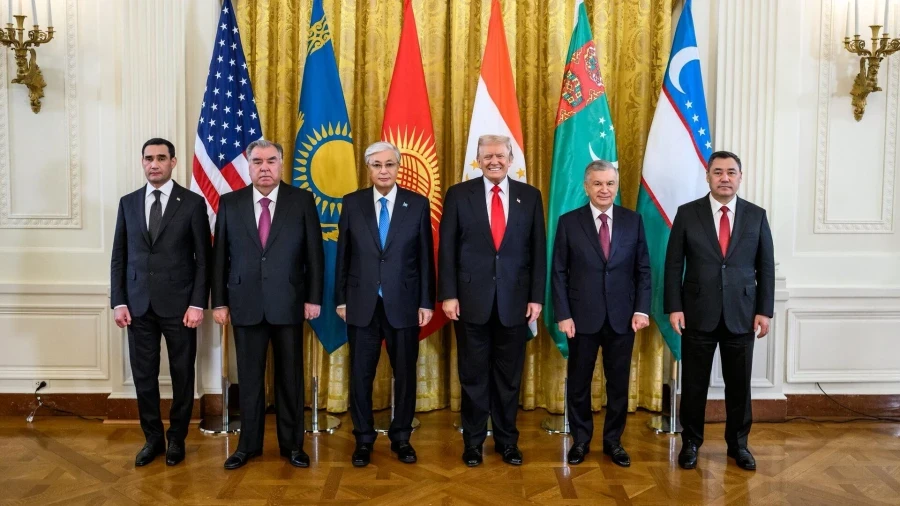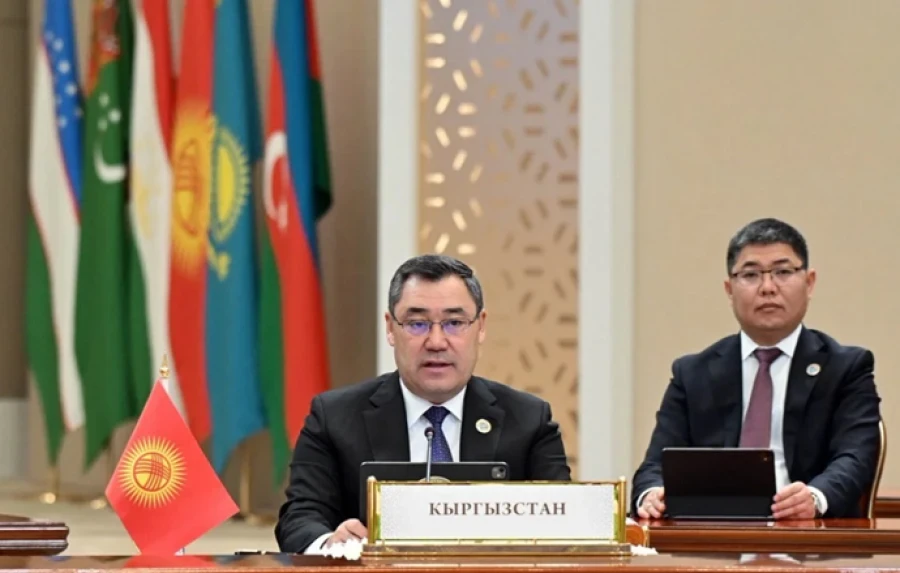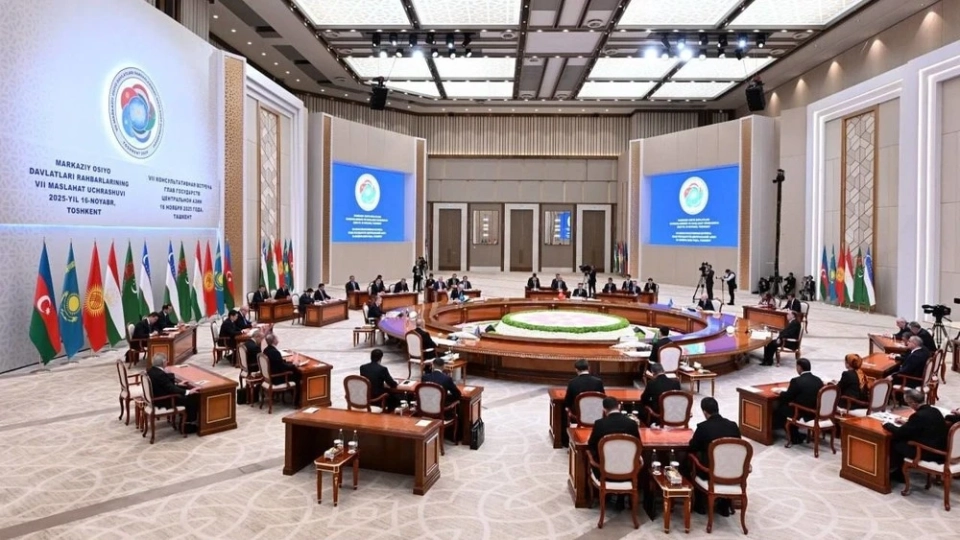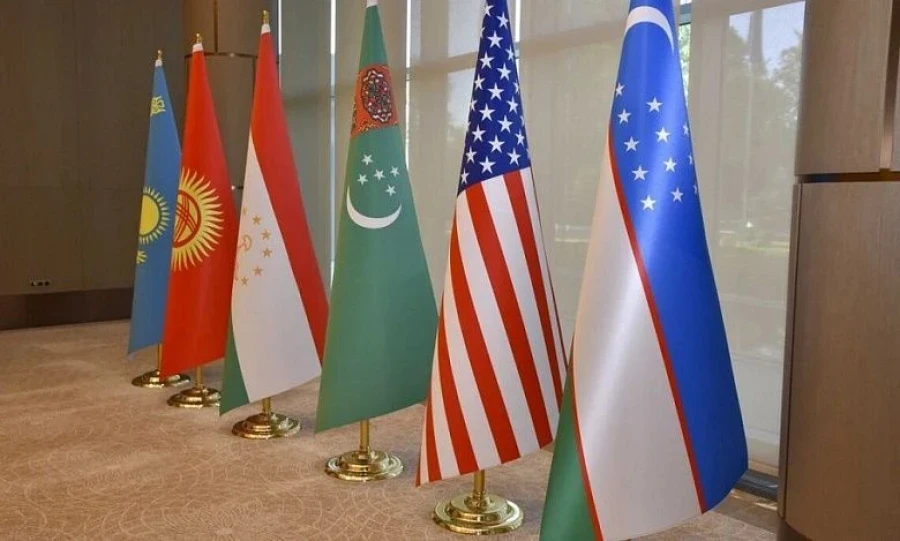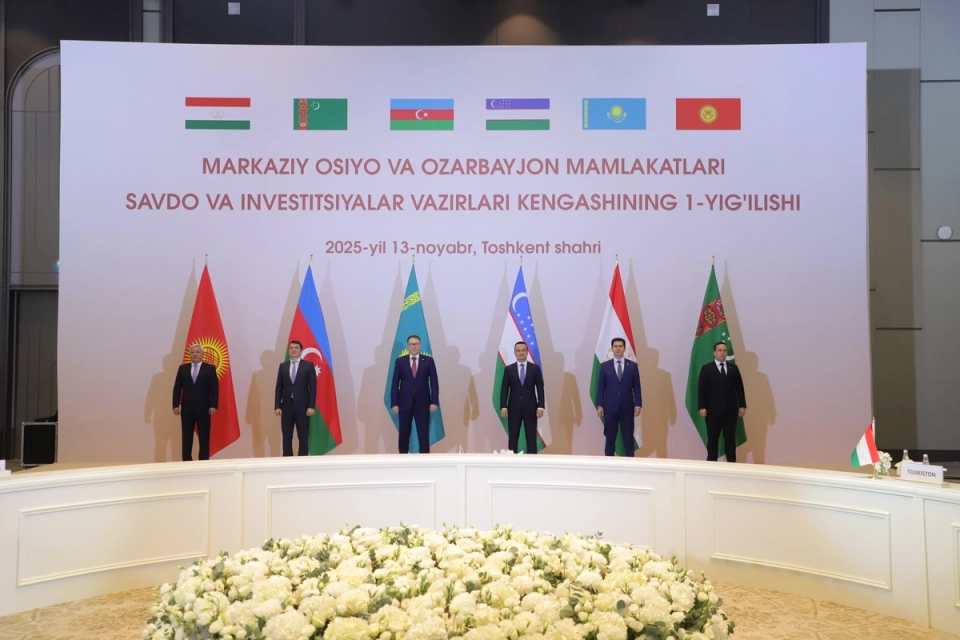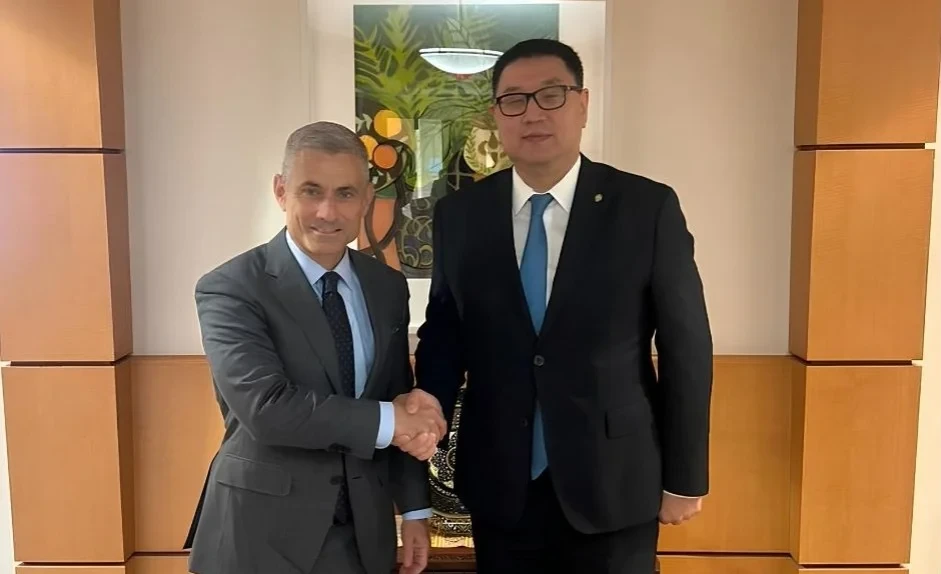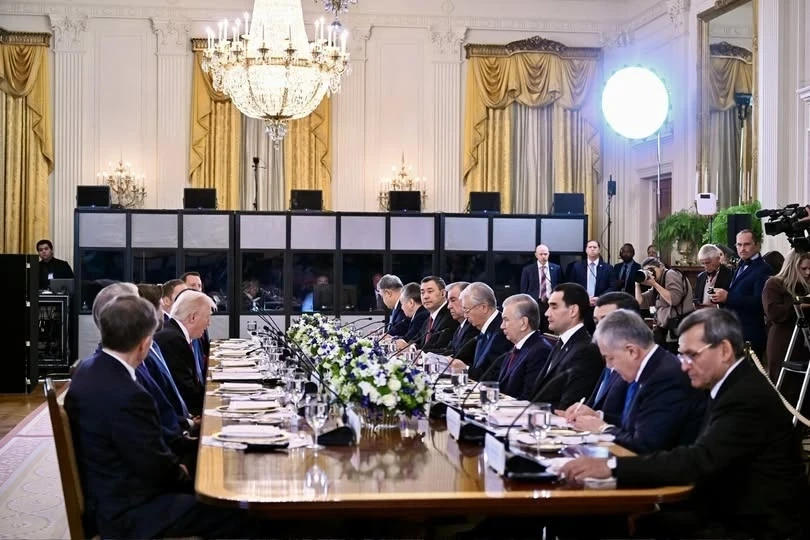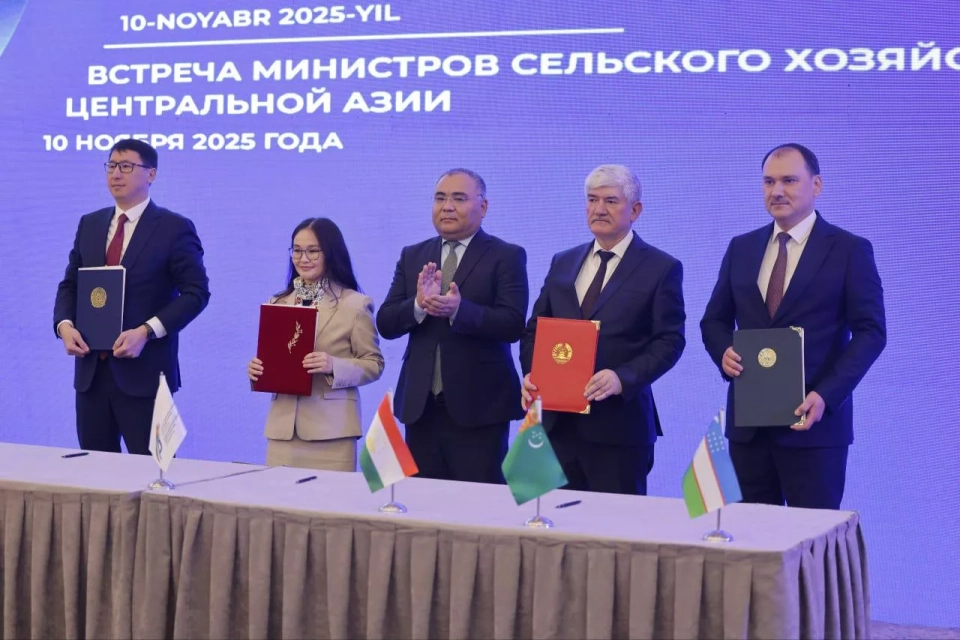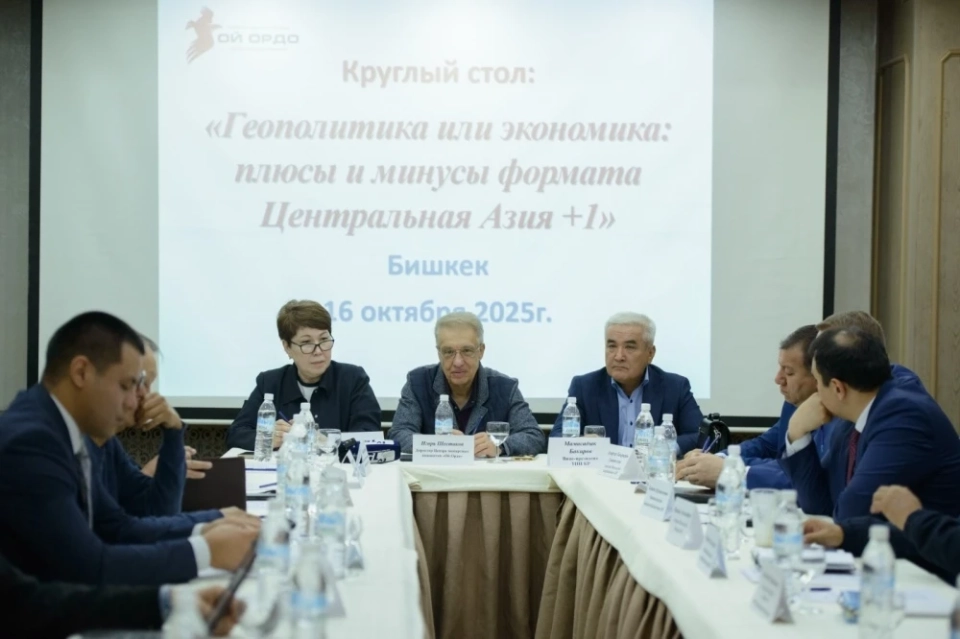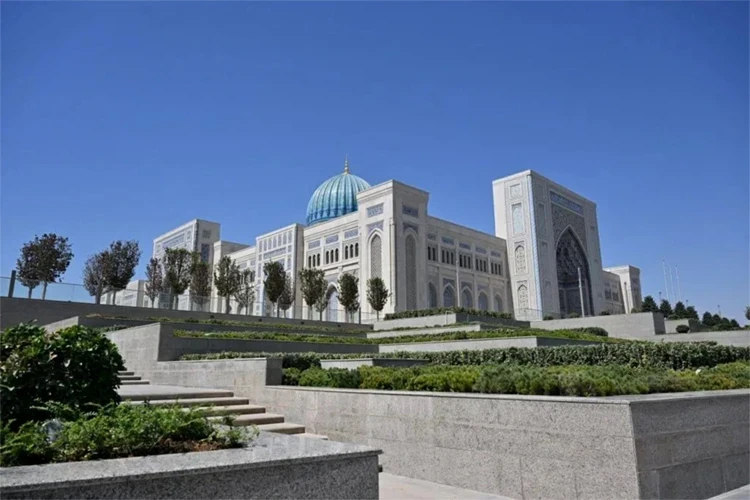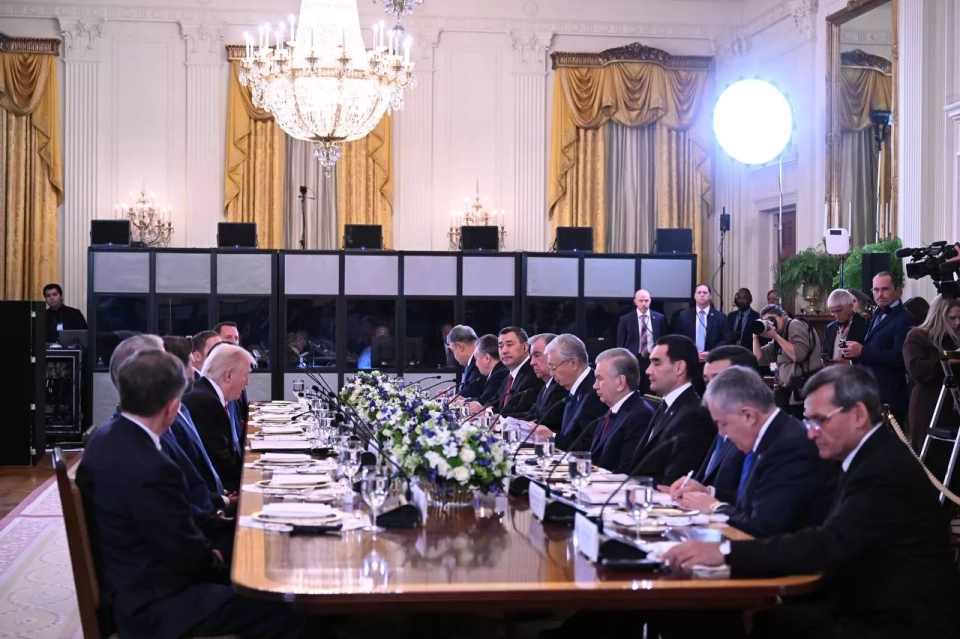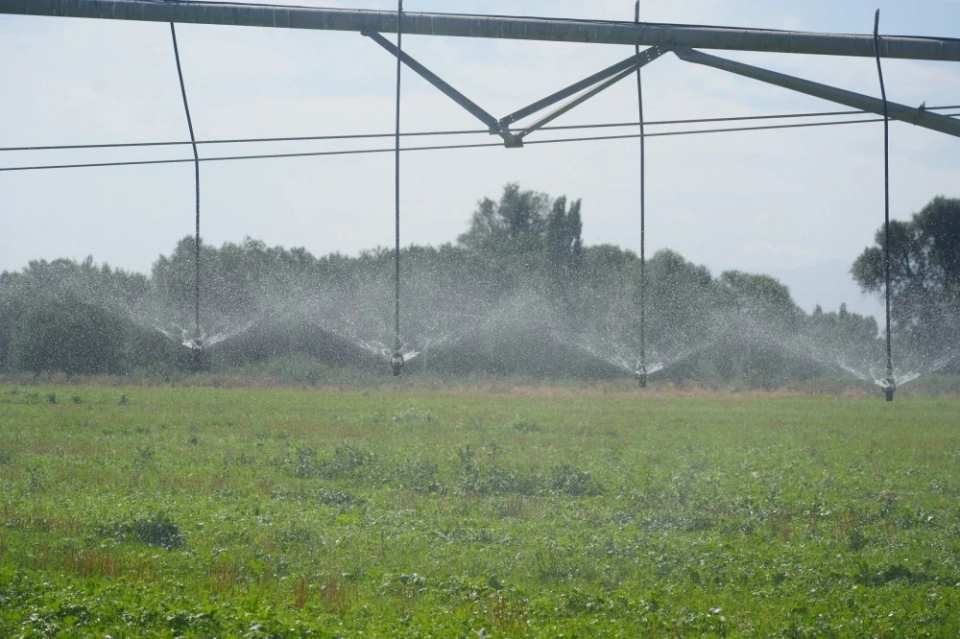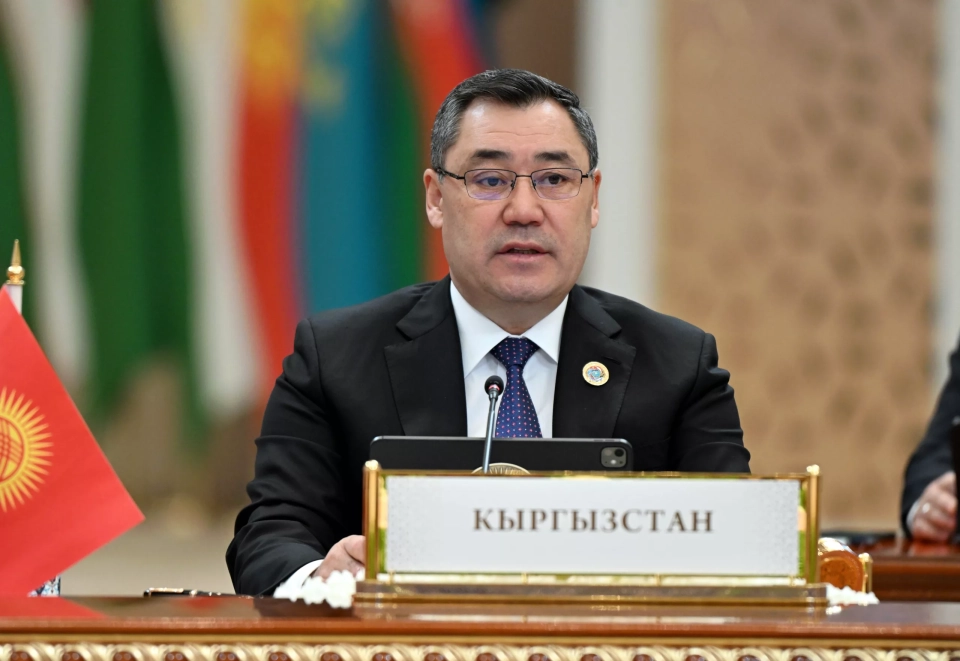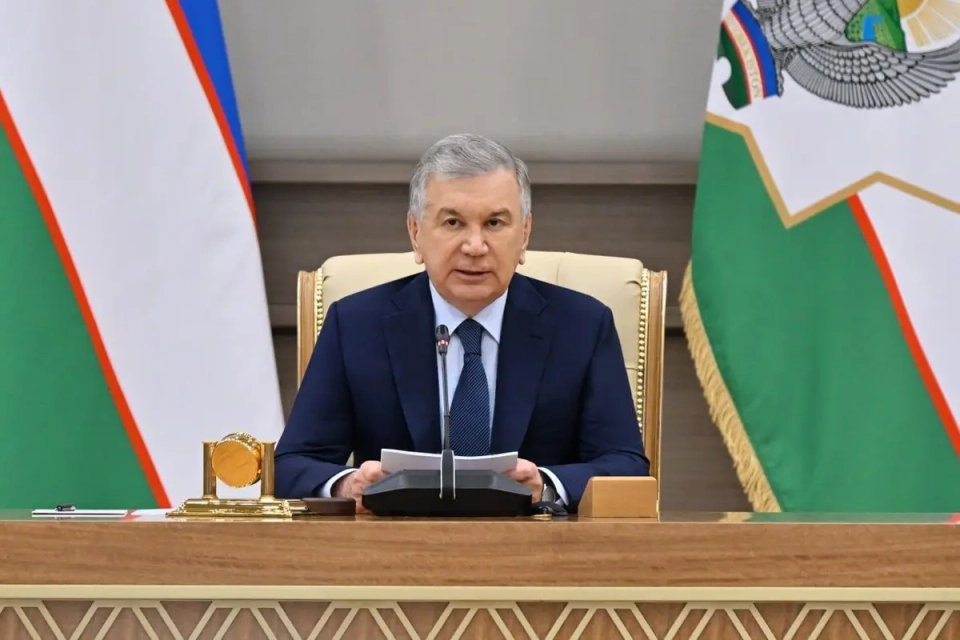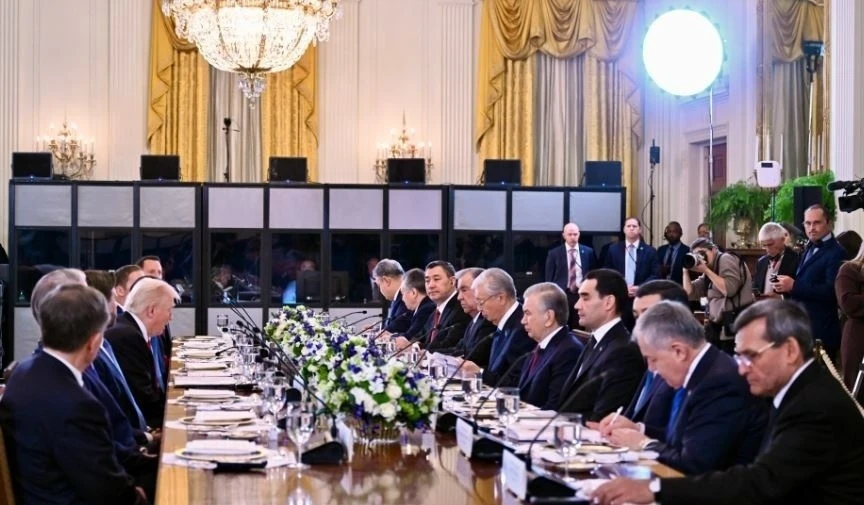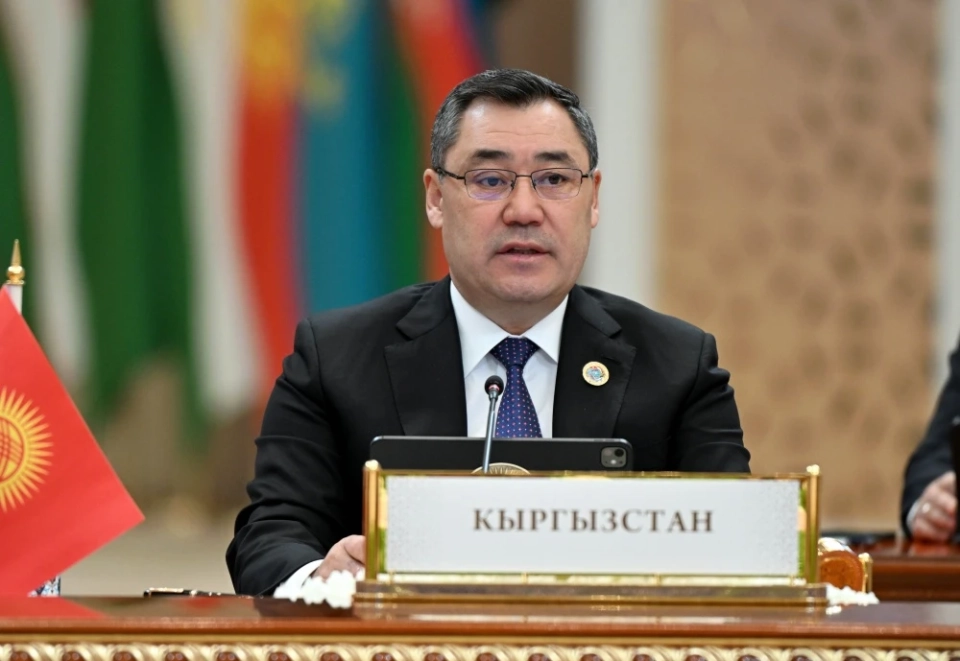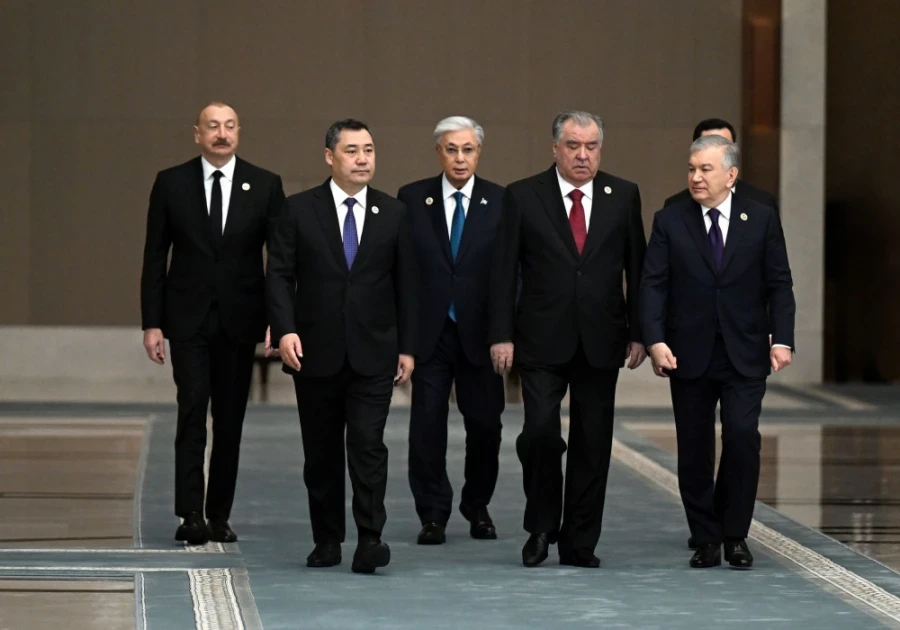
“Results are necessary; otherwise, the council may remain merely consultative”
This week, the seventh meeting of Central Asian leaders took place in Tashkent, where Azerbaijan became a full member of the council. Bakytbek Jumagulov, director of the Eurasian Strategic Research Center, spoke to Vesti.kg about the outcomes of this high-profile meeting.
“The agenda included key issues such as deepening political dialogue, developing trust-based relations among the countries in the region, as well as expanding economic integration and strengthening the trade and investment potential of Central Asia,” he noted.
As a result of the negotiations, the presidents signed a joint declaration and an extensive package of documents concerning the aforementioned topics.
“The acceptance of Azerbaijan significantly increases the geographical and political scope of cooperation. Uzbekistan proposed to create a platform called ‘Central Asia Community’ with a secretariat and a permanent working mechanism, while Kyrgyzstan put forward an initiative for further economic integration. This indicates a growing regional coordination. We are also witnessing a move towards systemic cooperation through the establishment of a council of ministers and innovative platforms. There are numerous initiatives in infrastructure, logistics, and transport,” added Bakytbek Jumagulov.
Thus, the countries continue to open their markets to each other.
“The topics of security, development, and integration show that Central Asia is ceasing to be merely a tool in the global geopolitical game. It is important to note that mere discussions and agreements are not enough; real results are necessary. Otherwise, the council may remain only consultative,” the political scientist believes.
Photo www

